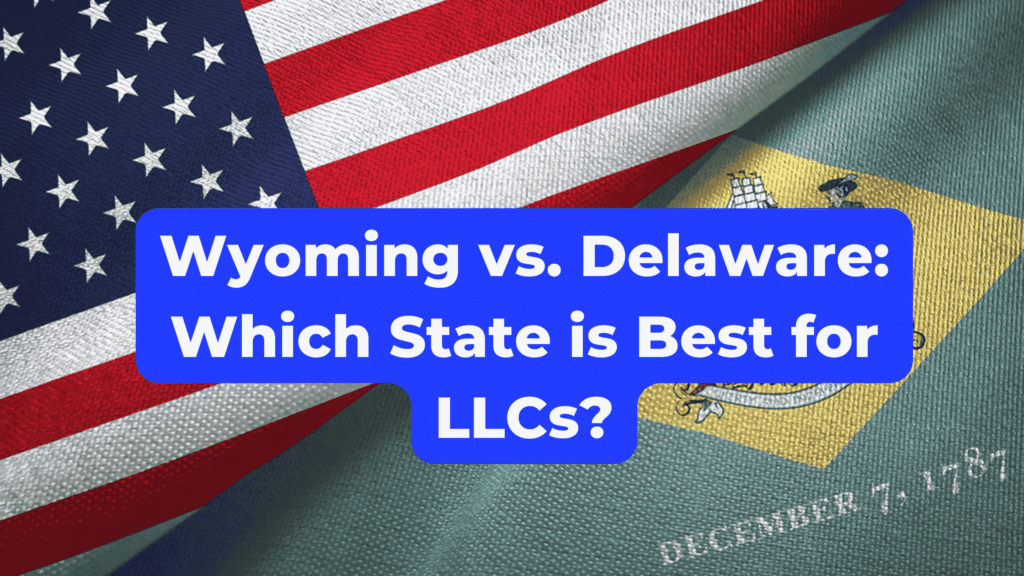Post-Incorporation process is mostly neglected/overlooked in successful incorporation cases.
After completing ‘corporation procedure’, your company is incorporated with all the shares issued for itself, meaning your corporation owns 100% of the shares. In order to issue shares, it is required to complete the ‘post-incorporation procedure’ in which you are required to file around 30 documents that includes; bylaws of your corporation, indemnity agreements, initial action by the board of directors, election of CEO, CFO… procedures, shareholder consents for certain legal requirements etc..
The number of documents may change depending on the number of shareholders. The last thing that should be mentioned is 83(b) Election, which is simply a form to fill out. The 83(b) election is a provision under the International Revenue Code (IRC) that gives the founder an option to pay taxes on the total fair market value of restricted stock at the time of granting. In other words, if you would like to be taxed according to the valuation of the company at the time of formation of your corporation, 83(b) election should be filled. Thus, you pre-pay your tax liability on a low valuation, assuming the equity value will increase in the following years.
Post-incorporation process is the final step of your formation journey, granting you legal and tax benefits. In terms of your incorporation and post-incorporation procedures, consulting a legal expert will be both beneficial and timesaving.
Consulting about your incorporation and post corporation from the top, will prevent you against possible mistakes and legal errors, arising from strict filing and time specifications of the IRS and the State of Delaware. Clemta offers a complete consultancy, in terms of your incorporation and post-incorporation procedures. You may check our website and add required services to your cart by one-click, as your first step of the incorporation phase. Clemta will handle the rest for you.








